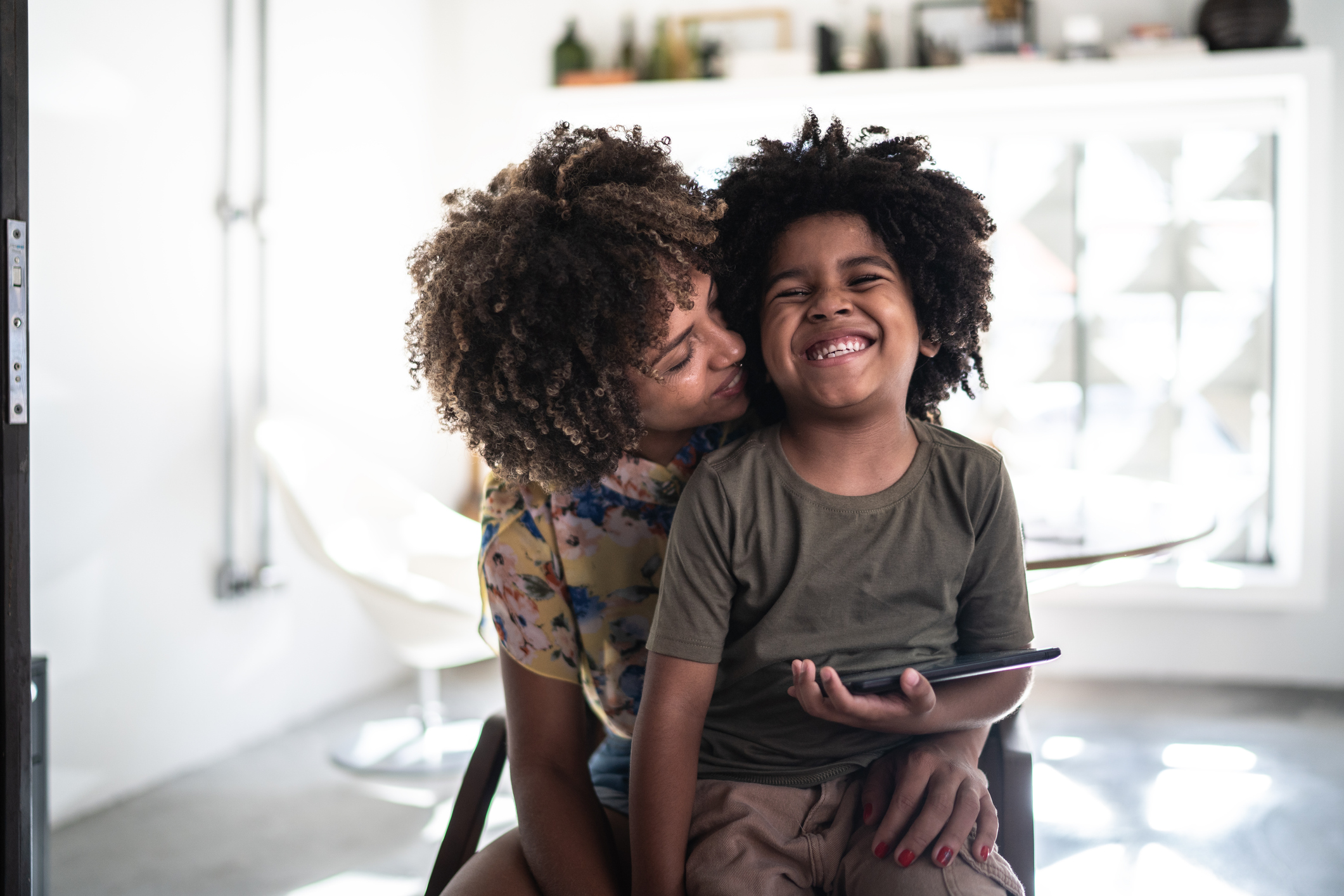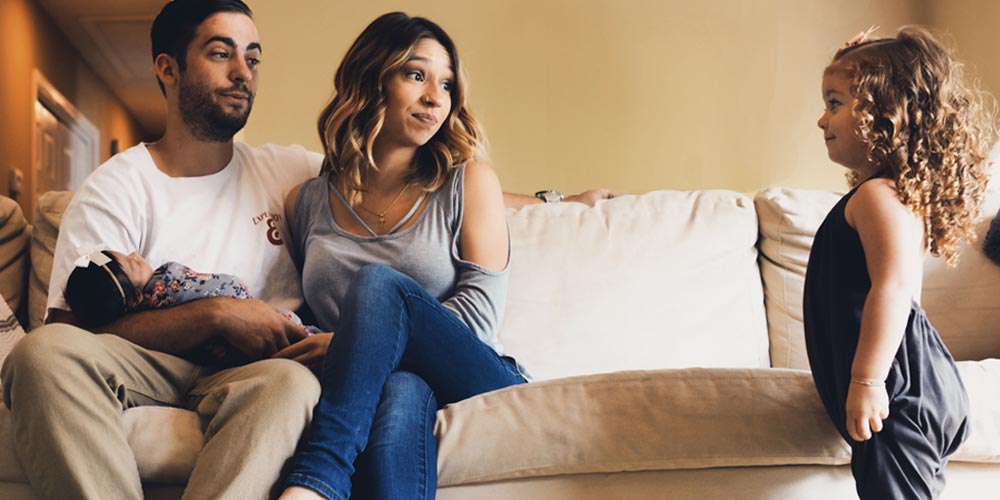I’ve never seen my son stay as laser-focused on his homework as he did the Monday after he got his new bike. He was eager to peddle it down the block to his grandparents and show off how big the tires were. I said, “Sure, you can take it for a spin as soon as you get your homework done.” It was a positive consequence, and, like magic, it took a rule (no playing until homework is done) and transformed it into an incentive (get homework done and you can play).
Don’t get me wrong, negative consequences work, too, but research has found positive consequences are a powerful way to change a child’s behavior. Here’s why, along with ideas for how to use them more.
Examples of Positive Consequences
OK, so let’s get a better grasp on positive consequences. According to Ralphie Jacobs of Simply on Purpose, positive consequences can be natural or applied. Getting a good checkup at the dentist is a natural positive consequence of brushing your teeth twice a day. Getting a sticker on a chart for doing the same thing is an applied positive consequence. Applied positive consequences teach and reinforce good behavior, and they’re more common than natural consequences. Here are 10 positive consequences you might already be doing.
- Verbal affirmations like “great job putting your toys away without being asked”
- Charts and stickers that lead to a small reward or privilege
- Extra playtime, screen time, or a special activity as a reward for good behavior or achieving a particular goal
- Getting to repeat a fun activity (bike ride, playdate) if the child cleans up after himself or plays fairly
- A fun family outing or a special activity, like going to the park or having a movie night, to celebrate an achievement or positive behavior
- Increased responsibility or independence when a child demonstrates maturity or consistently follows rules
- A teacher allowing a child to be a classroom helper, line leader, or participate in a special class activity as a reward for good behavior and cooperation
- Spending quality time with a child doing something he or she enjoys, such as playing a game, reading a book together, or engaging in a hobby
- Allowing a child to choose a game or activity he or she enjoys after completing homework or chores
- A squeeze on the shoulder and a “thank you for hanging up your towel.”
The Power of Positive Consequences
Ready for a big-picture moment? Jacobs says positive consequences help train a child to love the positive form of a behavior and not simply avoid the negative behavior. So your child will learn to pick up his toys because he knows a clean floor means he gets to play outside whereas a messy floor gets him yelled at. We should aim to teach our children what to do more than we teach them what not to do.
We should aim to teach our children what to do more than we teach them what not to do. Click To TweetYou can also use “lost positive consequences” to reinforce good behavior. For example, my son has been told that he can play with his Nerf gun after school tomorrow if he picks up all the stray bullets in the yard after he plays today. That’s a positive consequence. If I find bullets strewn about, the “lost positive consequence” is this: “That stinks that you can’t play with your Nerf gun tomorrow. Next time you play with it, I’m sure you’ll make a better choice and pick them up.”
How to Come Up With Positive Consequences
Natural consequences come about, well, naturally. If you eat a gallon of ice cream, you get a tummy ache. Negative consequences can often be chosen logically. If your son hits his sister with the toy firetruck, the toy firetruck goes away for a little while. But positive consequences aren’t as easy to connect to the action.
The good news is they don’t have to connect directly to be impactful. A wink, a smile, or a high five is a direct response from you that tells your child, “I see the good thing you did. Keep it up.” Jacobs also suggests asking your children what would inspire them. I tried to motivate my younger son with an allowance. Turns out he’d rather have quality time with me. Some kids just like to be noticed and acknowledged when they choose right over wrong. Turns out positive consequences take a lot less energy than you might think!
What positive consequence would work with your kids?










